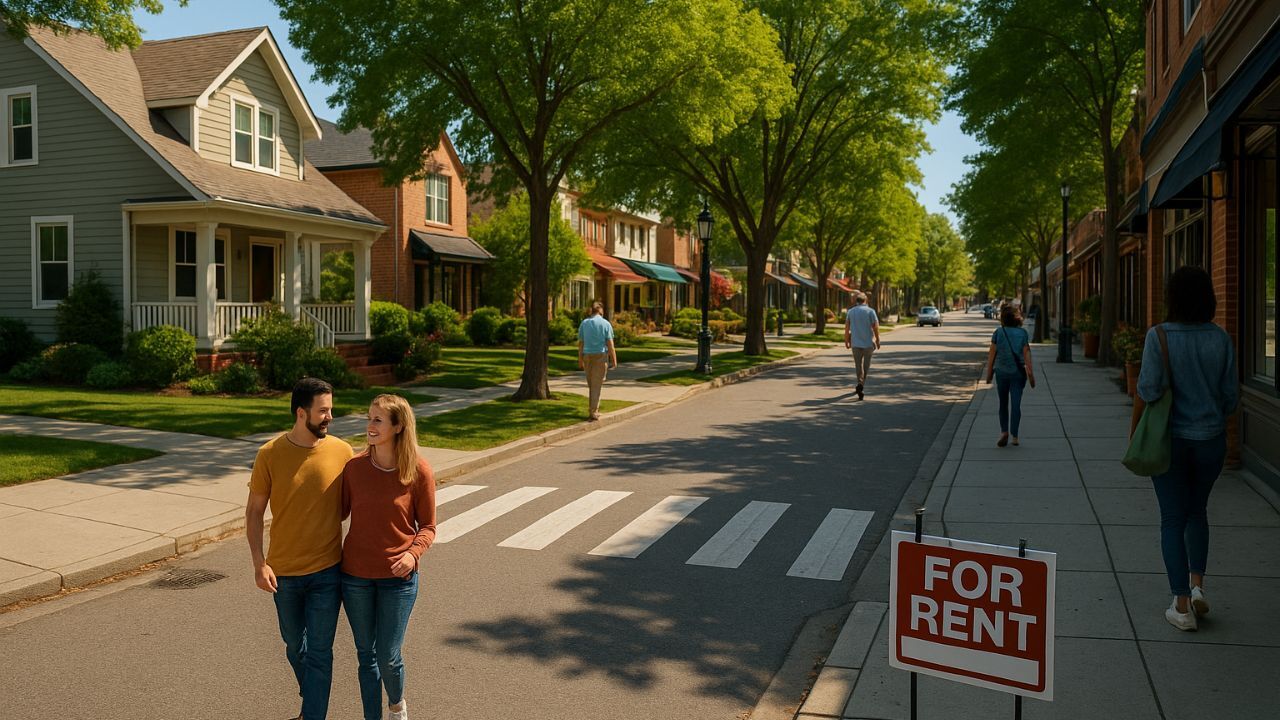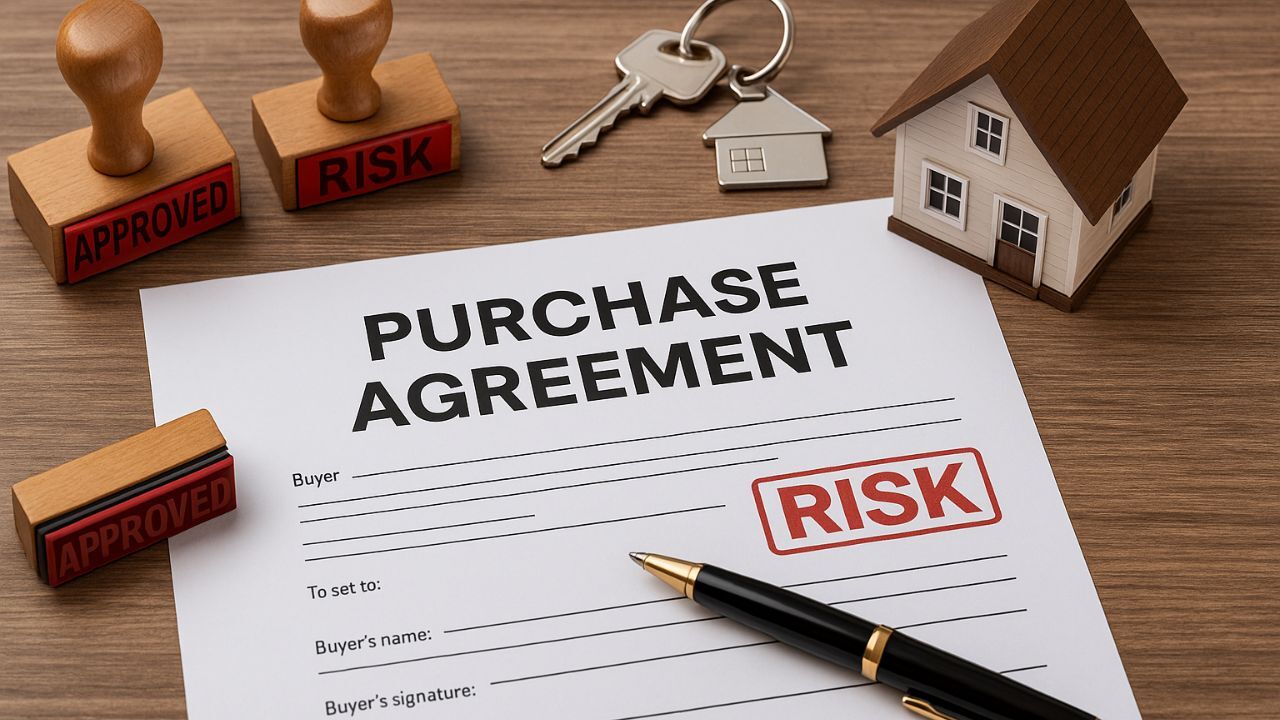 Selling your home can be both exciting and overwhelming. Between preparing for showings, reviewing offers, and planning a move, the process can feel like a full-time job. As real estate agents, we understand that homeowners often struggle to balance it all, especially when they are still living in the property. With the right strategies and mindset, it is possible to stay organized, reduce stress, and make the experience smoother from start to finish.
Selling your home can be both exciting and overwhelming. Between preparing for showings, reviewing offers, and planning a move, the process can feel like a full-time job. As real estate agents, we understand that homeowners often struggle to balance it all, especially when they are still living in the property. With the right strategies and mindset, it is possible to stay organized, reduce stress, and make the experience smoother from start to finish.
Preparing Your Home for Showings
The first step in a successful sale is making your home look its best. Decluttering, deep cleaning, and staging are essential. Focus on creating a welcoming space that helps buyers imagine themselves living there. Simple touches like fresh flowers, soft lighting, and neutral décor can make a big difference. Keep a checklist for quick cleanups before last-minute showings, and have a plan for pets and personal items. The more prepared you are, the easier it is to accommodate potential buyers.
Managing Showings While Living in the Home
Balancing daily life with frequent showings can be challenging, but a little structure helps. Try to keep your home in “show-ready” condition as much as possible, and designate one area where you can quickly store personal items before a showing. Communicate openly with your real estate agent about your schedule, so appointments can be coordinated in a way that minimizes disruption. If possible, plan short outings during open house times so you can relax while your agent handles the traffic.
Reviewing Offers and Making Decisions
When offers start coming in, it can be tempting to focus only on price, but terms and timing are just as important. Your agent can help you evaluate each offer by considering contingencies, closing dates, and financing details. Staying flexible can open doors to smoother transactions. Remember that accepting an offer is just one step — there will still be inspections, appraisals, and paperwork to complete before closing. Keeping communication clear and timely helps everything move forward more efficiently.
Coordinating the Move
Once your sale is under contract, it is time to start planning your move. Create a timeline that aligns with your closing date and allows some cushion for unexpected delays. Organize your belongings into categories — items to keep, donate, or sell. Booking movers early and labeling boxes clearly can make the process more manageable. If you are buying another home at the same time, work closely with your agent to coordinate both transactions smoothly.
Selling a home involves a lot of moving parts, but with preparation, communication, and the right professional guidance, you can navigate it confidently. Every step brings you closer to your next chapter, and having an experienced agent by your side ensures that your goals stay front and center throughout the process.
 When you start shopping for a home, you will quickly notice that not all properties are created equal. From cozy condos to spacious single-family homes, each property type offers a unique lifestyle, level of maintenance, and investment potential. Understanding the differences helps you choose the kind of home that best fits your goals, budget, and way of living.
When you start shopping for a home, you will quickly notice that not all properties are created equal. From cozy condos to spacious single-family homes, each property type offers a unique lifestyle, level of maintenance, and investment potential. Understanding the differences helps you choose the kind of home that best fits your goals, budget, and way of living. Buying a home is one of the biggest financial moves you will ever make, and while it can feel overwhelming, approaching it the way a real estate professional does makes the process smoother and more strategic. With the right preparation and mindset, you can shop confidently and make smart decisions from start to finish.
Buying a home is one of the biggest financial moves you will ever make, and while it can feel overwhelming, approaching it the way a real estate professional does makes the process smoother and more strategic. With the right preparation and mindset, you can shop confidently and make smart decisions from start to finish. Buying a home is an emotional and financial journey, and most buyers expect the process to move smoothly once an offer is accepted. However, there are times when a seller decides to back out of the deal. This situation can be stressful, especially for buyers who have already started preparing for closing. Understanding your rights and the possible outcomes can help you respond calmly and confidently.
Buying a home is an emotional and financial journey, and most buyers expect the process to move smoothly once an offer is accepted. However, there are times when a seller decides to back out of the deal. This situation can be stressful, especially for buyers who have already started preparing for closing. Understanding your rights and the possible outcomes can help you respond calmly and confidently. When buying a home, location is often cited as the most important factor. One element of location that has gained attention is walkability. Walkability scores measure how easy it is to access amenities like grocery stores, restaurants, schools, and parks by walking. Understanding walkability can help buyers evaluate lifestyle benefits and potential resale value.
When buying a home, location is often cited as the most important factor. One element of location that has gained attention is walkability. Walkability scores measure how easy it is to access amenities like grocery stores, restaurants, schools, and parks by walking. Understanding walkability can help buyers evaluate lifestyle benefits and potential resale value. In a competitive real estate market, buyers often hear about waiving contingencies to make their offer more attractive. While this strategy can help secure a home in high-demand areas, it also comes with risks that should be carefully considered before deciding.
In a competitive real estate market, buyers often hear about waiving contingencies to make their offer more attractive. While this strategy can help secure a home in high-demand areas, it also comes with risks that should be carefully considered before deciding.